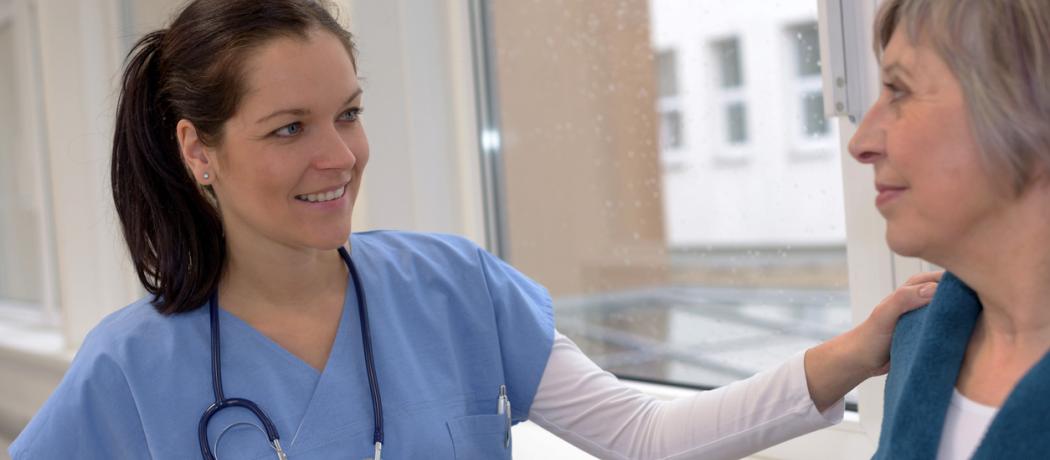“It is the Sunday of the long weekend, you know,” the voice stated on the other end of the dental emergency line. Of all the times for my wisdom tooth to erupt with viscous fervor, the long weekend before my medical school graduation was the time. My dentist was closed, and an emergent oral X-ray at a clinic an hour away would put me back $200. Even with access to a significant line of credit and transportation, few personal bills, and social supports, I said no. My thoughts turned to patients who decide to withhold treatment and a laundry list of reasons came to mind—financial limitations, lack of transportation, no family or friends nearby for support. If parting with $200 and an afternoon was hard for me, how much harder must it be for my patients?
After an unpleasant phone interaction with the person on the dental line, I had a decision to make. Do I stay home with my ibuprofen cuddled up next to me on the couch and saltwater rinses on repeat? Or do I make the trek to the urgent care centre where a potentially long wait and, dare I say it, the thought of impending judgment for not having my wisdom teeth removed felt imminent. I’ve heard behind-the-scenes comments of, “Why are they coming here for problems with their teeth; we’re not the dentist?” and “What do you expect for keeping your wisdom teeth?” I feared the criticism. If I, as a junior doctor, didn’t want to see a doctor because of possible judgment, how much more must my patients feel this way?
As my swallowing became more painful and my jaw more tender, I made my way to the urgent care centre. After a quick triage and a rare less-than-1-hour wait, I found myself face to face with a kind physician. She took one look at my red, swollen gums and empathized with my pain. She gave me a prescription for antibiotics, a mouthwash, and not an ounce of judgment. She treated me with a no-questions-asked kind of compassion. Her empathy was not dependent on anything I had or hadn’t done. It was given to me freely; a gift that I received with thankfulness.
When I reflect on my own compassion, I see a flowing series of ups and downs. When I started medical school, I was eager to console. My heart was primed for compassionate care. I felt ready to be kind to whomever, whenever because I wanted to be a good doctor. I kept this throughout first year, showing a kind of compassion that I now see was too much. I cared, but I would take on what my patients were feeling in a form of transference. They cried, I felt like crying. They were in pain, I felt distressed. They were elated, I felt joyful.
In my clerkship year I felt my skin thicken to these emotional swings. I knew that to survive long days and nights on call with patients from all walks of life I needed to turn down my sensitivity. And this was good. I could hear stories of incredible pain, see death and sickness, witness many heartbreaking conditions, and still go home each day and feel okay. I saw the meaningful difference that medicine can make, and this gave me strength on hard days. I saw kindness, comradery, and the satisfaction of easing pain. My compassion hit a comfortable stride without me even noticing.
In my final year of medical school, I found myself in a strange quandary of compassion fatigue. I wobbled between compassionate and irritated, kind and annoyed. We prescribed them antibiotics last week, why didn’t they take them? I would think with irritation. This is the third time they’ve been in for a sore throat, can’t they manage at home? I’ve had a far worse headache and didn’t seek medical attention.
I judged when I should have questioned kindly. It can be easier to make snap judgments, especially when busy and tired. But what good does this do for anyone? It perpetuates a negative cycle in ourselves and our systems. As a medical student, already I was adding to the problem that I despised.
I reclaimed my compassion through reflection, self-forgiveness, and conversations with those who know me best. And my wisdom tooth put me in the position of patient to teach me again. Patients, including me, put off seeking care for all sorts of reasons, logical or illogical. It doesn’t matter.
What matters when I see a patient sitting across from me is that they are there. Either alone or with support, they were able to push aside past experiences with health care, fear, and every other barrier to care. For a patient to show up against all odds is worthy of celebration. It is not my job to judge, but it is my job to care. It is not my job to roll my eyes, but it is my job to use my eyes to see people with sincere, balanced compassion.
—Vivienne Beard, MD
Dr Beard is a recent graduate of the UBC MD class of 2022.
This post has not been peer reviewed by the BCMJ Editorial Board.
 |
| This work is licensed under a Creative Commons Attribution-NonCommercial-NoDerivatives 4.0 International License. |



Dear Dr Beard
very nicely put...congratulations and wishing you the best!